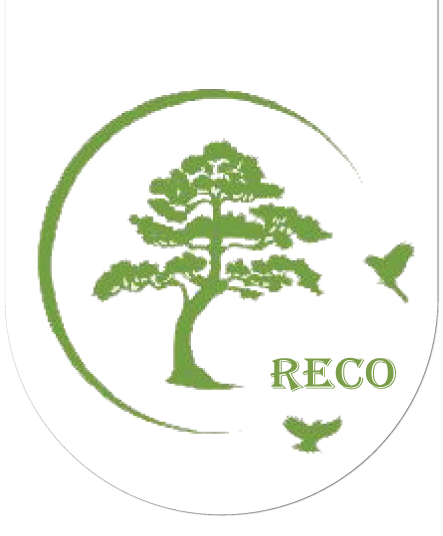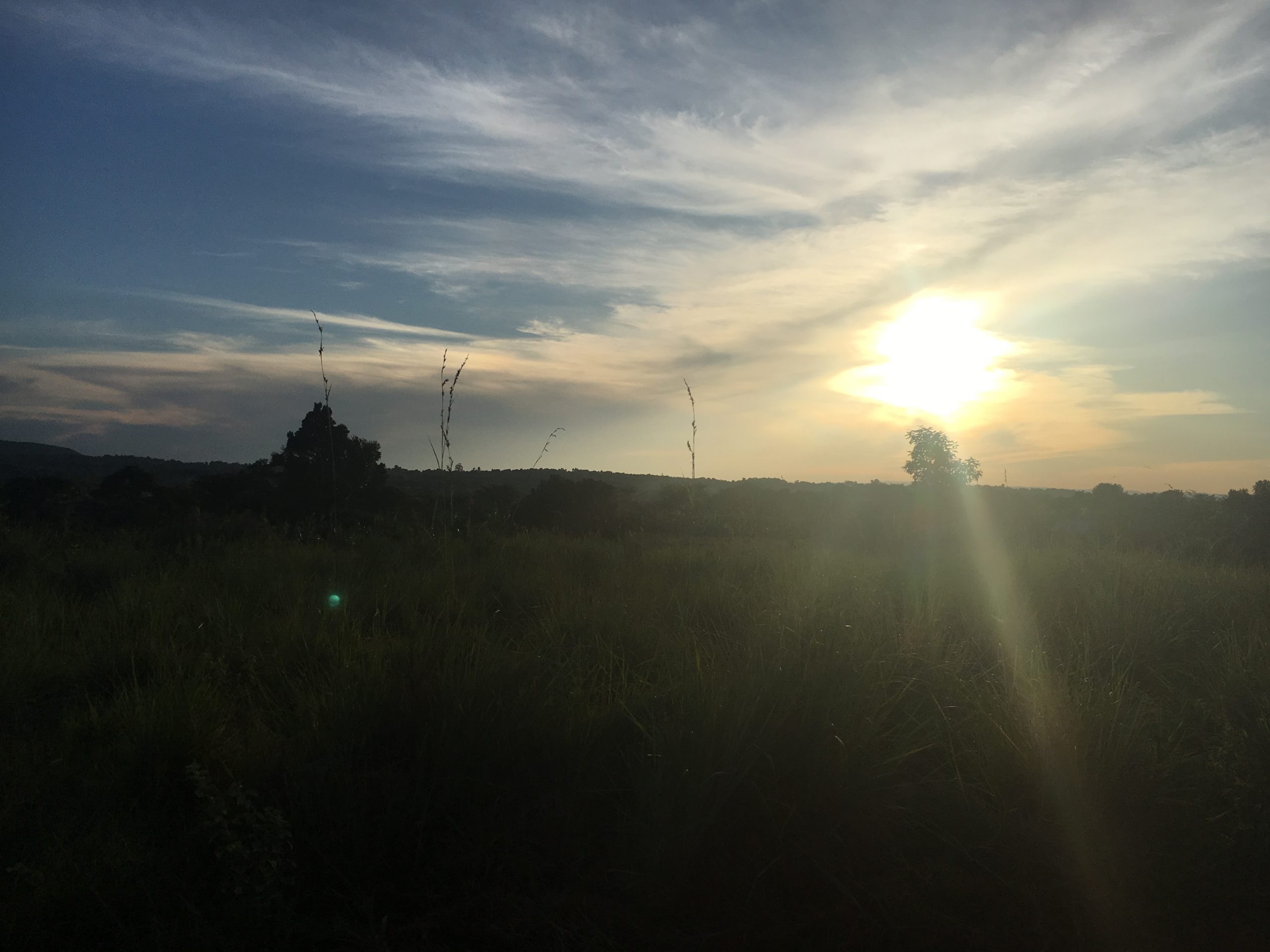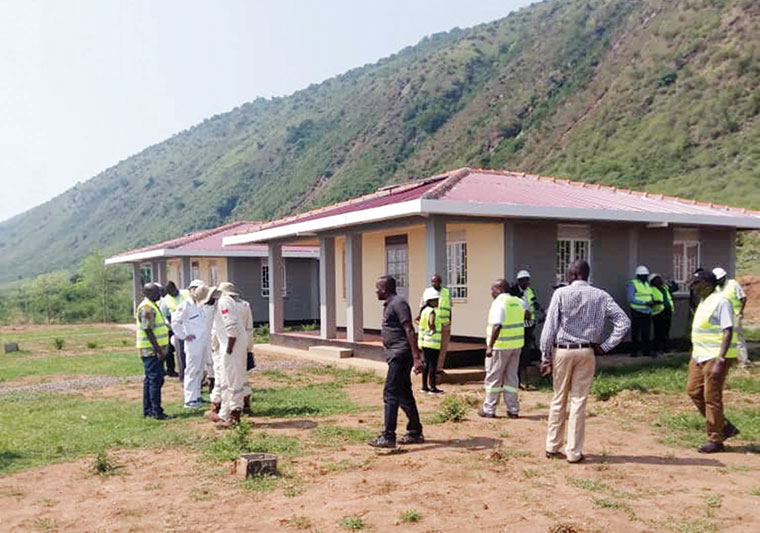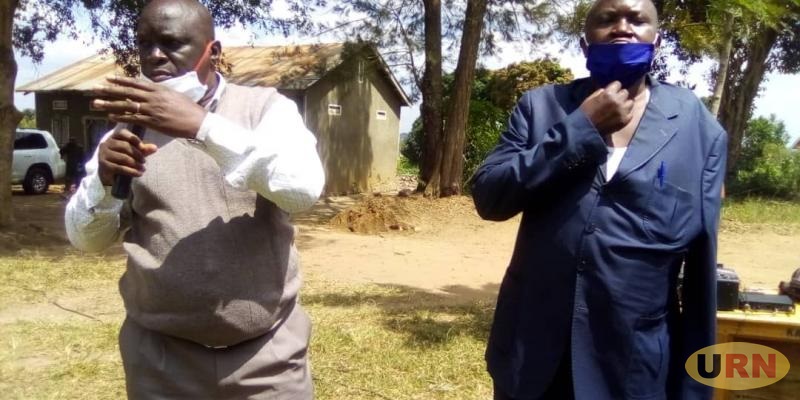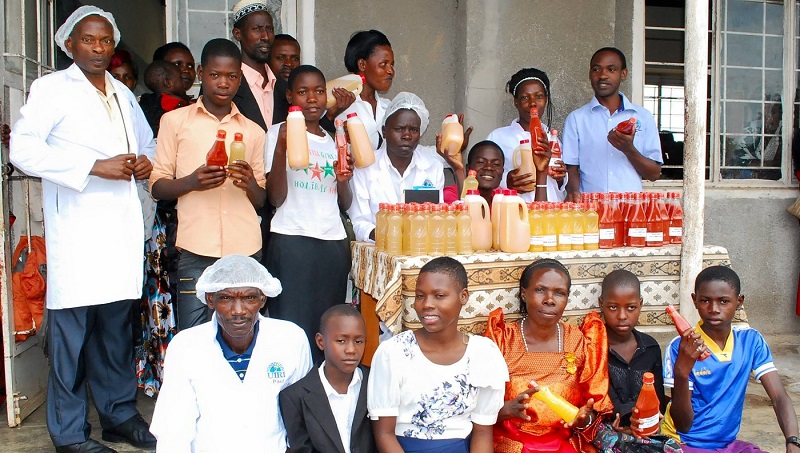
June 24, 2016 11:43 am
Early 2015, an idea of a rural value addition initiative was thought about. Feasibility studies were done in June up to August. Execution started in September. The social enterprise? Village Group of Industries which was started by Rakai Environmental Conservation Programme (RECO) with partners.
The inspiration of Village Group of industries came out of the observed spoilage of fruits and vegetables in the rural areas especially during the peak of the season. For example mangoes could be spoiled under the trees, homes and at the road sides. A bag which could earn about UGX 150,000 in Kampala could be sold at UGX 10,000. “With the establishment of this factory, now I will not cut any more of my mango trees. I am going to plant more because now I can earn more than I ever imagined. The middlemen were exploiting us” said Lubega a farmer who supplies mangoes.
The name of the company has changed from Kagera Foods Ltd, to KD Group of Industries and now the Village Group of Industries.
Village Group, currently processes, manufactures, and distributes Juice, Concentrates, Bread, Cakes, Doughnuts, Shampoo, Liquid Soap, Jelly, Lotion, tomato source, and other products are under development.
With leadership from Paul Zaake, RECO started the initiative and set sight on confronting the challenges by adding value and creating employment to rural folks through partnerships and collaboration. Our partners included local leaders (for example Area member of parliament, Hon Kasamba Mathias; Counselor, Hon Ssempiira Charles), National Leaders (For example director of Operation wealth creation, Gen Salim Saleh), Technical Institutions (For example, Uganda Industrial Research Institute), Banks (eg Centenary Bank), other Local Organizations (eg Kakuuto Community Development Project), Places of Worship, Schools (Sanje Community Polytechnic and St Mary’s Sanje S.S.S).
Village Group started with a massive training, selecting of potential workers and mindset tuning. “I did not know that it is such possible and easy to get fresh juice from mangoes and be able to process, package and keep it for about 6 months” exclaimed Karim a 9 year old who is Village Group ambassador in his school.
In launching, Village Group departed away from the traditional industry and company norms. RECO Coordinator Paul Zaake determined that if Village Group were to produce a different caliber of products in the desired social way, it had to be a different type of social enterprise and allowed to “break the rules” by which many manufacturing companies have traditionally been established and managed.
Village Group based on principles of participative establishment and management, instead of accepting labor/management antagonism as unavoidable. The result was a partnership between RECO and the small holder farmers, leaders, UIRI, Centenary Bank, KACODEP, and others. “The system is designed so that the local people are the part of the establishment and are decision makers, which gives the employees a sense of empowerment” noted Paul Zaake.
Village Group of Industries set up a factory at Sanje Trading Center, a place strategically placed to supply products in Uganda, Rwanda and Tanzania. While at the same time locally sourcing raw materials. “I came to Village Group because of its vision about how it was going to operate, what it was intending to do” recalled Angel Nazimuli, the team leader for the Bakery division.
“It’s hard to see what’s going on, not only in the Uganda Industry, but in Global Business in general and not feel angry about the social deterioration. There’s got to be a better way to run business, and I want to be part of that. We are on a mission to make this successful so that we as citizens, Village Group, and RECO generate local revenue for sustainability purposes” said Paul Zaake.
This unique disruptive kind of inclusive business model, Paul Zaake first learnt during an executive training by the Wageningen University tutors and indeed the knowledge and skills got have enhanced Village Group’s strategic plan. Because of high sense of empowerment, work classifications have been reduced. Everyone decides on the remuneration all members will get. In addition, every member knows the other member’s job and receives an equal remuneration. After paying expenses, the money remaining is for RECO not for profit operations.
Team members rotate tasks regularly to prevent employs from having to perform the same task for too long a period of time. “The teams or work units are charged with making a lot of decisions about their jobs” said Jude Kabango, the team leader for cosmetics division “and they are not only responsible for direct work but also for work that is indirect.”
“The biggest difference between Village Group of Industries and other Companies is that there are no management prerogatives for decision making” asserted Paul Zaake, the RECO Coordinator “decisions at Village Group are made by all stakeholders with the members sharing fully in that process. This is unique in Uganda, and even goes far beyond what we expected”.
All Village Group associates participate in at least one team. Employees work in self-managed teams. They determine for themselves everything from budgeting to scheduling, recruitment and training. Consensus building is the guiding principle. Team members do not vote. If the entire team does not feel comfortable enough with a decision to support it, that decision will not be made. Team members receive monthly reports on budgeted expenses and actual expenditure for their team. The teams are self-monitoring. Instead of having non-members do the checking, the members themselves do it. “We’ve broadened the scope of their responsibility so they have a better and bigger picture of what it takes to run the business” said Paul Zaake “even though their piece of running the social business may be relatively small, they gain a better appreciation for what the initiative has to do and what it costs.”
But Village Group is not on the road to automatic success. Challenges exist. There is shortage of capital to be able to scale up the social business. Not been able to attract the experience skilled personnel and the continuous training, research; product development costs a lot. Sometimes, the part-time workers are unreliable.
Dis agreements arise too! “There is conflict, but it is managed differently,” Paul pointed out. “It’s not confrontational. It’s more of advocacy in terms of finding a better solution or better options.” An example is when targets for a high number of products produced per unit time were set. Paul Zaake arrived to find a protest. The team members complained that the plan would compromise their ability to produce quality products. In response to the protest, Village Group decided to opt for the gradual increase instead of the abrupt increase.
According to Paul Zaake, this incident underscores the rarity of what Village Group represents. “Think about a social enterprise where you have got people coming from resource poor households, been raised with a bias that numbers are better than quality. They are not protesting exploitation. They are not protesting healthy and safety issues. They just want to ensure that products produced are of excellent quality. That’s not a problem, that’s a gift from God.”
“It’s not an easy proposition to get resource poor local people to turn in place and get where we are and where we are going to be- it takes a great deal of changing mindset and create a new culture” said Paul Zaake “I believe the present and future success will depend on the trust we build with workers and the way we work together. The executive is working with teams to address the challenges to make this revolutionary new business concept a success.”
Success at Village Group is something that is shared. “I am very proud” said Teddy, a sales team member “I am proud when they call me and ask for products. I am proud when people from my home tell me that they see our products on the market. I am proud when people tell me; they bought one because of its quality. Now I can hold my head up and my chest out and say, yeah that’s me”
